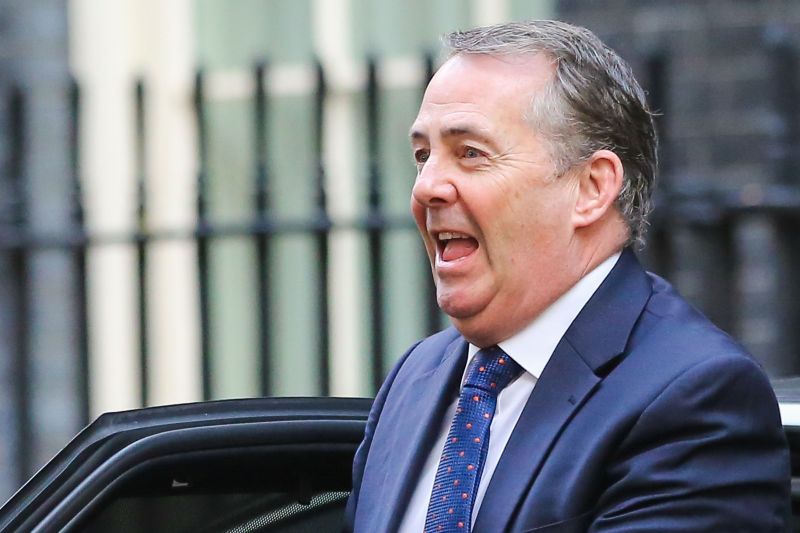
It is “categorically untrue" that food and farming standards will be lowered as the UK leaves the European Union, Liam Fox will say today.
Speaking on Wednesday (17 October) to representatives from the agriculture sector, the International Trade Secretary will say that recent market access agreements secured by the Department for International Trade were secured “because, and not in spite of, the UK’s world-class agricultural standards.”
He is expected to say that British agricultural producers can "remain profitable" after the UK leaves the EU.
"There have been a lot of reports lately, mostly on social media, that my Department has been planning to lower food and farming standards when negotiating Free Trade Agreements post-Brexit. Well, today I am here in person, and let me tell you categorically that these reports are untrue," Dr Fox will say.
“It is your hard work over the past three decades that has made our standards among the highest in the world."
Focusing on China, Liam Fox will highlight specific examples of where the UK’s food and farming standards have helped open markets around the world.
In June, the Chinese Government agreed to lift a 20-year ban on the import of British beef, which could be worth £250m to British beef producers in the first five years alone.
And in July last year, a £200 million deal was announced for seven businesses across Britain and Northern Ireland to sell their produce into China in a major boost to the UK pork industry.
Despite this, some within the farming industry are still concerned at the International Trade Secretary's past comments on the possibility of lowering food standards post-Brexit, in particular allowing chlorinated chicken on UK shelves.
He was heavily criticised by the farming industry last year for saying he had "no objection" to people eating chlorinated chicken.
In the US, the government permits such practices as chlorinated chicken, which consists of dipping meat into chlorinated water to prevent microbial contamination.
But this practice is banned in the EU, which fears the practice could actually worsen safety standards.
Indeed, a report has warned of the potential increase in cheaper, lower standard food imports to the UK which could put British farmers at a competitive disadvantage.
